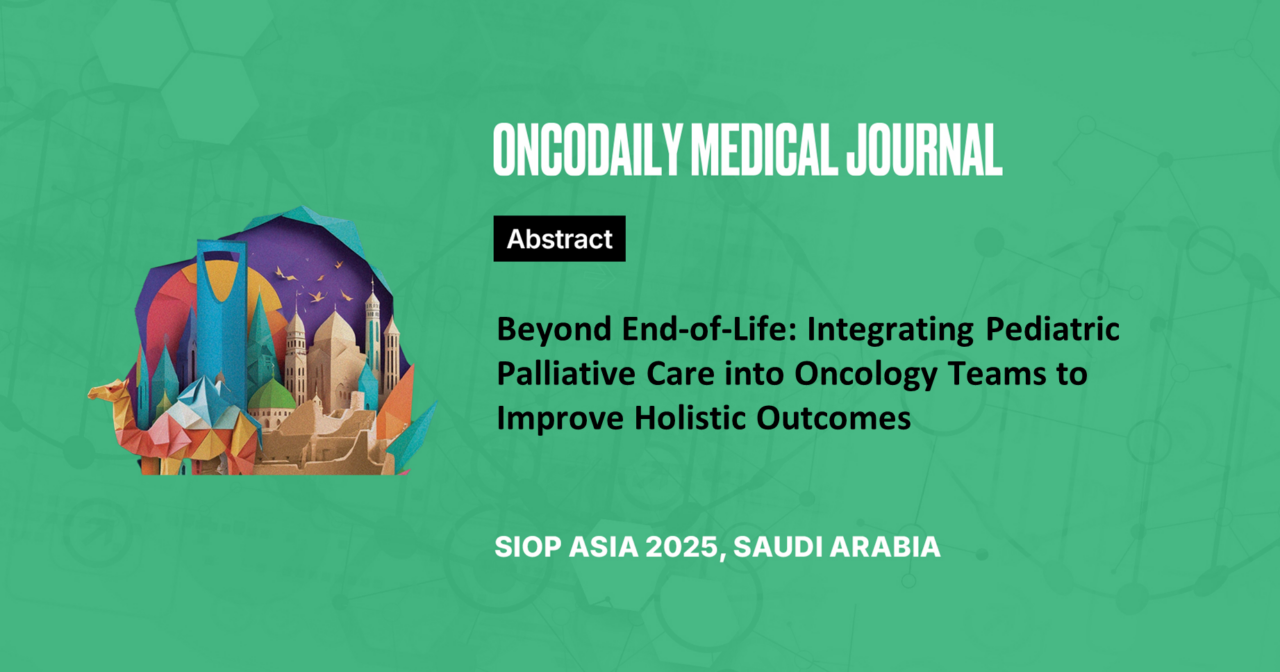Beyond End-of-Life: Integrating Pediatric Palliative Care into Oncology Teams to Improve Holistic Outcomes
Abstract
Introduction: Pediatric palliative care (PPC) is often misunderstood as limited to end-of-life care. However, its integration into oncology teams enhances quality of care throughout the illness trajectory. This project advocates for PPC specialists as part of oncology teams, emphasizing their role in symptom management, emotional and spiritual support, and family-centered care at any disease stage.
Methodology: A palliative care service, led by a pediatric palliative care specialist, was integrated into the oncology team in November 2024. A service log documented consultations, interventions, and outcomes. Data was updated regularly and supervised by the unit head. Interventions included symptom management, counseling, goal-setting, and spiritual support. Institutional impacts, such as reduced healthcare burden and improved decision-making, were recorded.
Results: Over 5 weeks, 32 patient interactions were documented. Key findings included:• Symptom Relief: 85% of interventions focused on pain and symptom management. All children requiring pain management achieved excellent pain control.
• Emotional and Spiritual Support: Counseling and spiritual care addressed emotional distress in 65% of cases, improving trust and communication.
• Decision-Making: Goals of care discussions informed decisions in 45% of cases, balancing interventions with realistic expectations.
• Institutional Impact: 30% of cases showed reduced admissions and ER visits. Two children reintegrated into school, and one child passed away peacefully at home.
• Family Support: Emotional struggles were addressed, improving coping mechanisms and readiness for transitions. Parental feedback highlighted increased satisfaction.
Conclusion: Initial results from this ongoing log show PPC enhances symptom control, family satisfaction, and resource use. These findings advocate for PPC specialists as vital members of oncology teams. Ongoing research highlights positive impacts and supports replicating this model in other settings.





